What we are doing
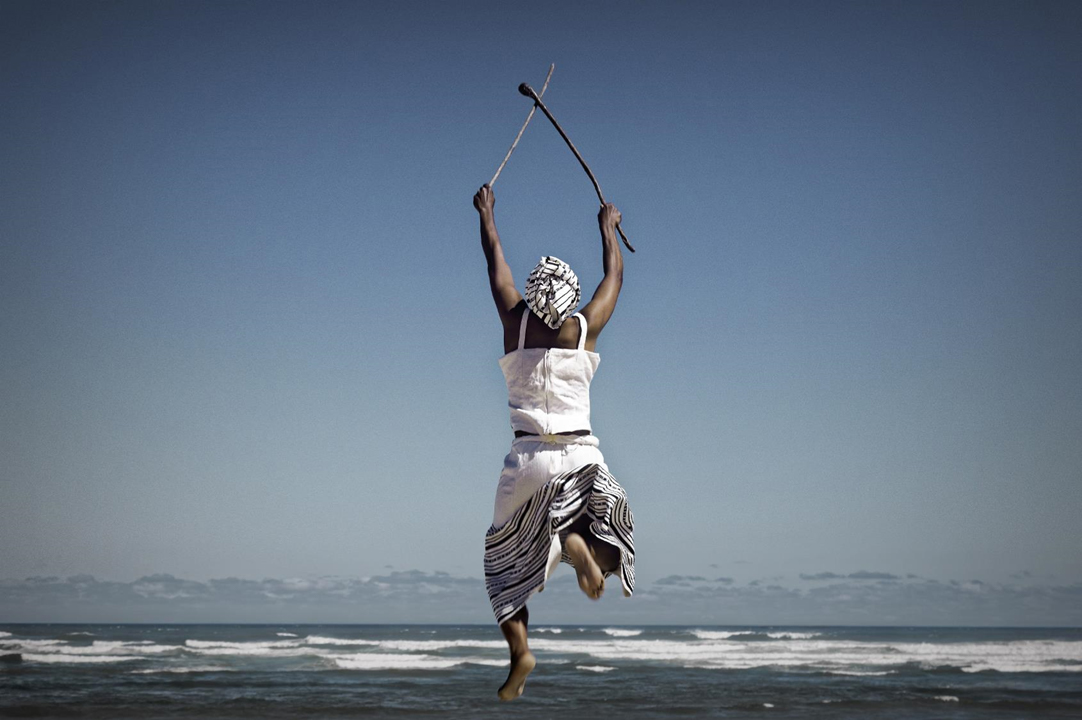
The Works of Art Committee (WOAC) is tackling the question of what art means to the wider university community. WOAC oversees the display and integration of art into campus life. UCT has a substantial collection of visual art – approximately 1 700 artworks distributed in 70 buildings.
WOAC's approach to new acquisitions is a transformative one: UCT has acquired new work by younger artists such as Bulumko Mbete, Mashudu Nevhutala, Thandoxolo Ma-Awu, amongst many others, as well as notable work by established voices. These include Igshaan Adams, Buhlebezwe Siwani, Helen Sebidi, Aida Muluneh, Pamela Phatsima Sunstrum and Lady Skollie.
As well as redressing imbalances by purchasing art by both prominent and emerging artists, WOAC also re-curates how artworks are displayed, making them meaningful to the current generation of UCT users.
Through ongoing public forums, open panel discussions, consultation with users of the various spaces on the campus, as well as curators and art historians outside the university, WOAC aims to find new ways to curate artworks that make UCT’s campus and public spaces inclusive and to instil a sense of recognition and belonging for all.
The Works of Art Committee has widened its focus to include more than just visual art by hosting performance art works, dance, music and spoken word performances.
Visit the dedicated UCT Works of Art Collection website.
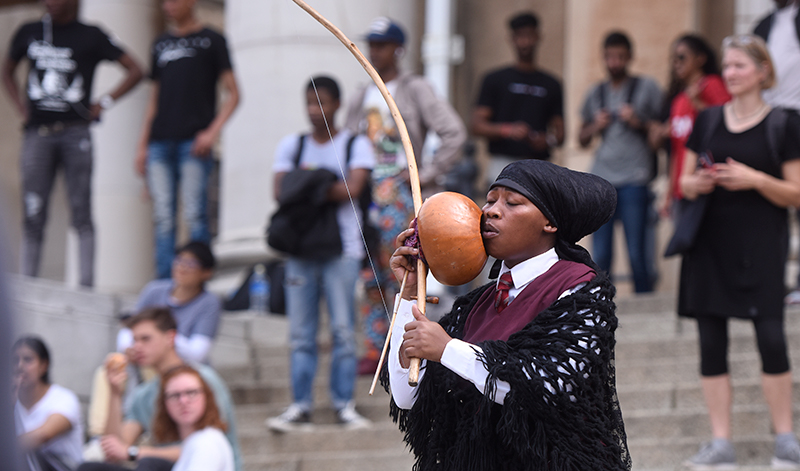
Names have meaning and it is the role of a university to question the extent to which we continue to embrace and uphold names, symbols and imagery.
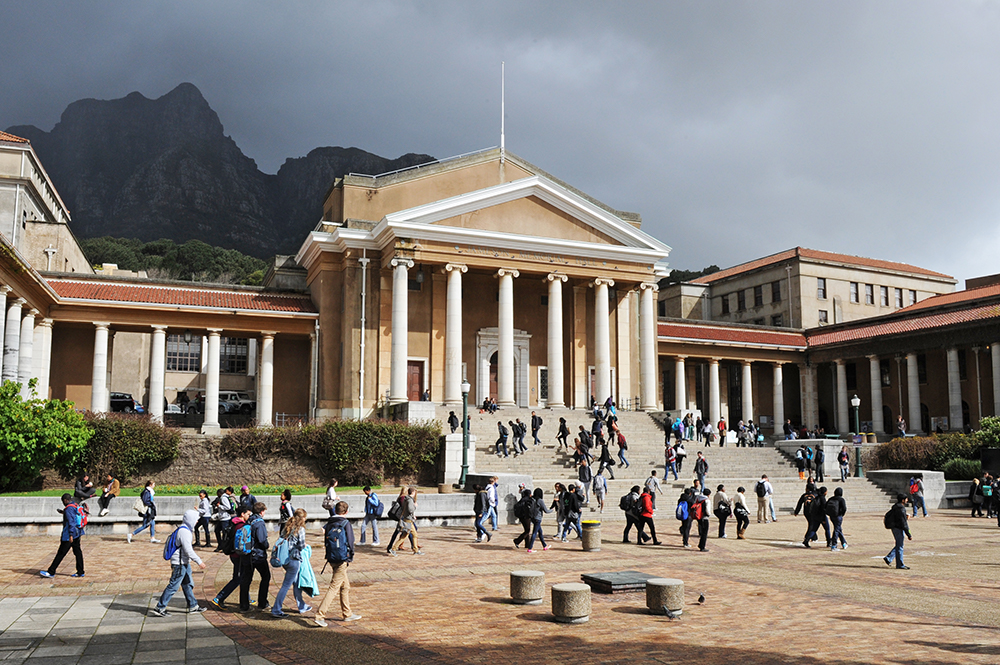
The act of naming also offers an opportunity to think deeply about what the university represents and how we can reinforce the values that it upholds through a naming or re-naming process. For instance, the renaming of Jameson Hall to Sarah Baartman was a moment in which the university could recognise the multifaceted struggles and resilience of South African women.
Names may indicate our location, our research and teaching and our social engagement e.g. Huri ǂoaxa (Hoerikwaggo) or Masingene.
Members of the wider UCT community may submit proposals to the Naming of Buildings Committee (NoBC) by emailing namingproposals@uct.ac.za.
Read more: a list of buildings that have been renamed since 2008.
The Multilingualism Education Project (MEP) works to prepare students to participate fully in a multilingual society, where multilingual proficiency and awareness are essential. MEP provides guidance on how to foster a multilingual environment within the university and to implement multilingualism in teaching and learning programmes.
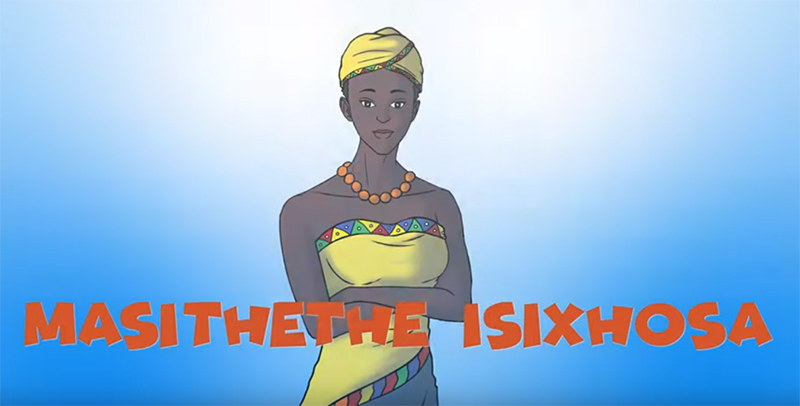
View on YouTube: Masithethe isiXhosa
MEP is involved in multiple activities to enhance multilingualism on campus, including:
Translation
As well as translating policies, speeches and other documents into isiXhosa and Afrikaans, MEP also participates in a national project to provide translated glossaries in all 11 languages for jargon-heavy subjects. This bank of glossaries is made available to educational institutions nationwide.
Signage
The translation of signage around the university’s campuses is an ongoing project.
Masithethe isiXhosa
MEP offers free lunchtime courses in isiXhosa to staff and students every semester to provide communication skills. Introduced in 2006, these courses have become increasingly popular with over 400 staff and students registering in 2019.
Tutor training
Multilingual awareness and training sessions were offered to tutors and students involved in teaching different disciplines. MEP also aims to provide self-access online multilingual tutorials or study material to support EAL (English as an Additional Language) students especially at first year level.
Visit the MEP website.
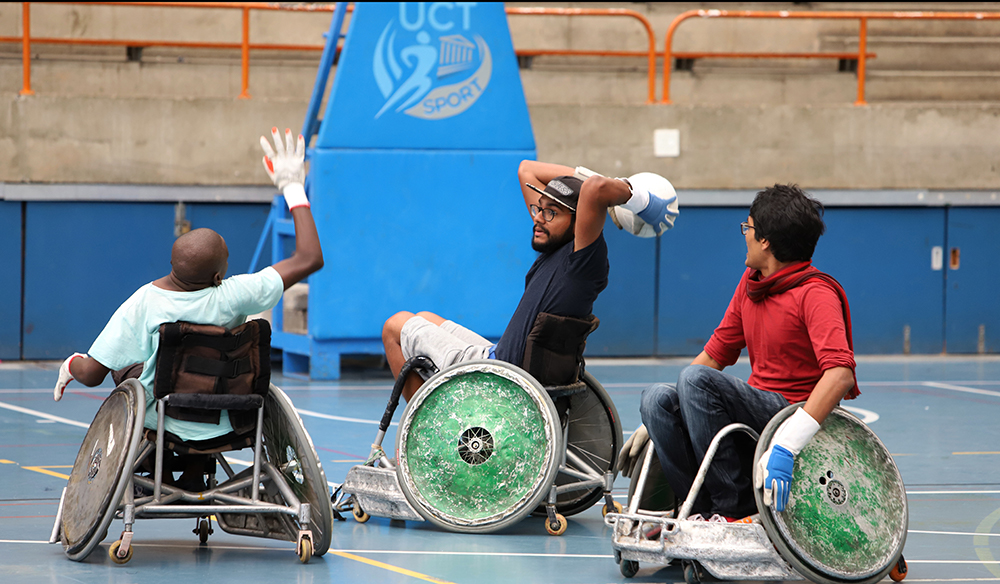
The Disability Service is geared towards removing all physical, policy, information and attitudinal barriers that may prevent students and staff with disabilities from fulfilling their potential. Whether this means improving building access, arranging for extra time during examinations or employing Sign-Language interpreters, the Disability Service is there to provide support.
- An online accessibility audit (UCT Website, Vula & UCT Libraries) was conducted to ensure that UCT's online platforms are accessible to all persons with sensory disabilities.
- Sensitisation training was given to orientation leaders.
- South African Sign Language training was given to 25 staff members.
- Disability Advocacy and Sensitization was led at the New Academic Practitioners Programme. A total of 43 lecturers were advised on the variety of disabilities and best practices to ensure inclusivity. The training included topics such as:
- Curriculum adaptation
- Accessibility of teaching and learning materials
- Disability beyond the classroom
- Mental health concerns.
- Tel:
- 021 650 2427
- Email:
- disabilityservice@uct.ac.za
- Website:
- Office for Inclusivity and Change (OIC) website
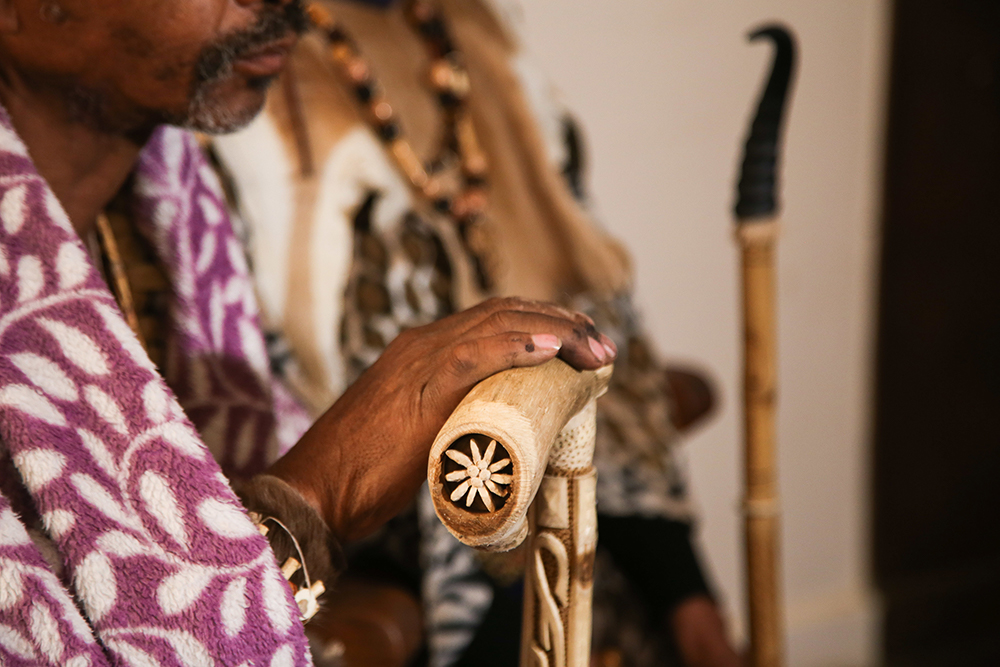
UCT is a vibrant and supportive intellectual environment that attracts and connects people from all over the world and advances the status and distinctiveness of scholarship in Africa.
Our academics are challenged to develop new thinking about the problems that should most urgently be addressed by us as an African university, and to feed this thinking not only into published research and innovative products and solutions, but also into the curriculum.
What we are doing
- Course redesign for content and pedagogy.
- Class discussions and focus groups.
- Staff training and capacity building.
- Support for co-curricular activities.
This aspect of UCT’s transformation overlaps with other strands of the process and includes research for and into Africa, as well as our cultural identification with the continent. We embrace the continent.